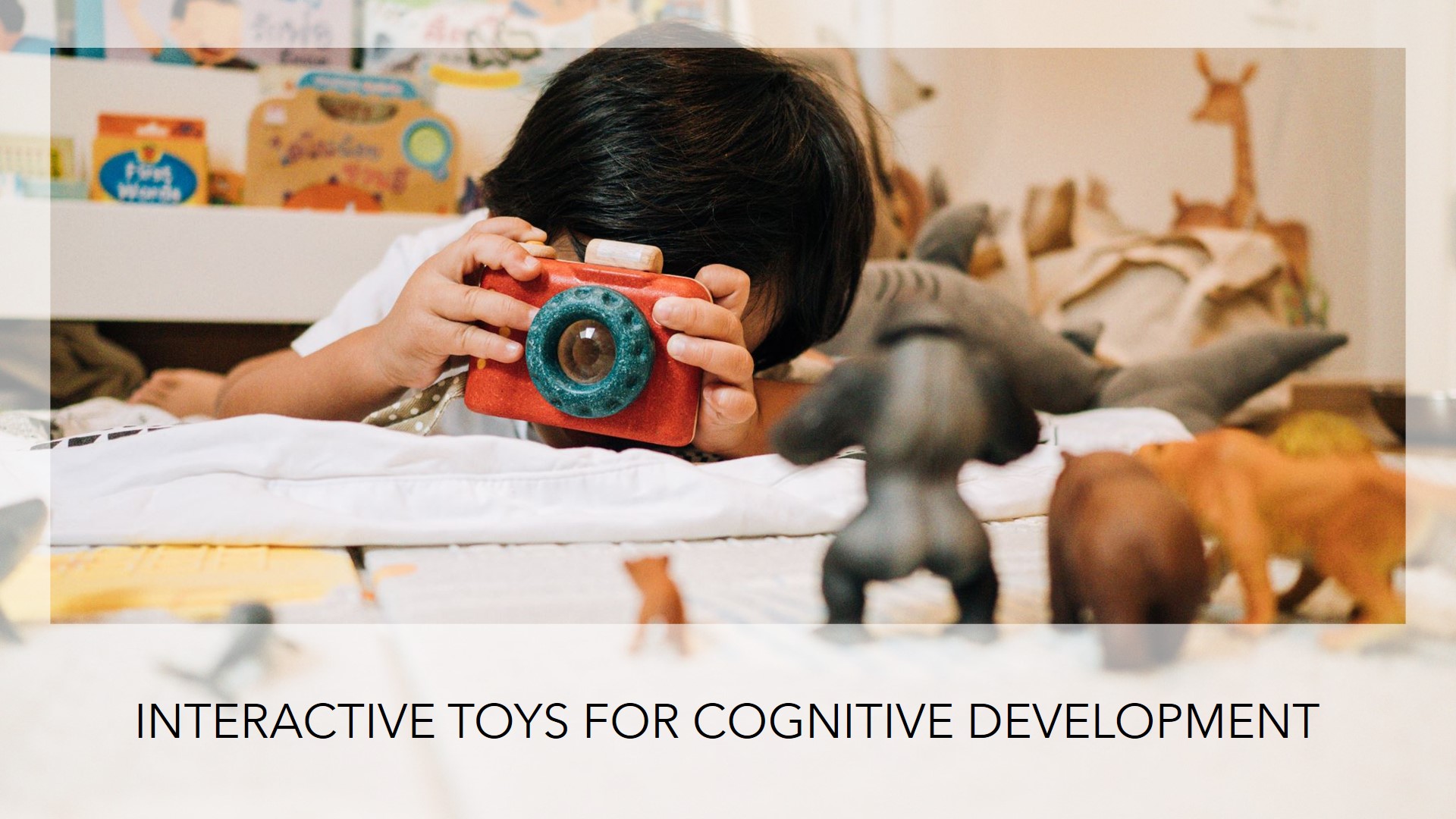How Interactive Toys Can Boost Cognitive Development
Interactive toys have become increasingly popular in the world of child development, offering an engaging way to boost cognitive growth. These toys provide real-time feedback, encouraging children to think critically, solve problems, and make decisions. They offer a hands-on, immersive experience, making learning enjoyable while enhancing cognitive abilities. In this blog, we’ll explore how interactive toys can significantly impact cognitive development and which types of toys are most beneficial.
What Are Interactive Toys?
Interactive toys respond to a child’s actions through sound, movement, or visual effects, often requiring the child to make choices or solve problems. These toys may include electronic games, robotic toys, and even traditional board games that encourage participation. By offering immediate feedback, these toys help children learn cause and effect while keeping them actively engaged.
Cognitive Benefits of Interactive Toys
- Problem-Solving and Critical Thinking:
Interactive toys, like puzzles or coding robots, present challenges that require children to think critically and develop strategies to solve them. For instance, a coding robot might ask children to program it to navigate through obstacles, which enhances their problem-solving skills. - Memory and Recall:
Many interactive toys help improve memory by requiring children to remember sequences, patterns, or instructions. Toys such as memory-matching games or electronic quizzes challenge kids to recall information, boosting their short-term and long-term memory capabilities. - Logical Reasoning:
Interactive toys often require children to use logical reasoning to progress. For example, building a circuit or completing a maze involves thinking through each step logically. As they interact with these toys, children learn to apply reasoning and anticipate outcomes. - Language and Communication Skills:
Toys that involve verbal interaction, such as talking dolls or interactive storybooks, help children improve their vocabulary, language comprehension, and communication skills. These toys can also encourage social interaction, as kids often engage with parents or peers while playing. - Attention Span and Focus:
Engaging with interactive toys requires concentration. As children work through the tasks these toys present, their ability to focus and complete a task improves. Toys like educational tablets or interactive books are designed to capture and maintain a child’s attention for longer periods.
Examples of Interactive Toys
- Educational Tablets: Devices that offer interactive learning games, quizzes, and storytelling activities.
- Robotic Toys: Robots that children can program to perform specific tasks or navigate challenges.
- Electronic Puzzles and Games: Games that provide audio or visual feedback, helping children understand concepts like colors, shapes, and numbers.
- Talking Dolls: Toys that engage children in conversation, helping them develop social and communication skills.
Choosing the Right Interactive Toys
When selecting interactive toys, it’s important to choose age-appropriate options that are both engaging and educational. For younger children, simple toys that provide feedback through lights and sounds work well. Older children may benefit from more complex toys like programmable robots or electronic games that challenge their cognitive abilities. Interactive toys play a critical role in enhancing cognitive development by offering hands-on learning experiences. At Kidankam, we believe in the power of interactive play and offer a range of toys that are designed to engage, educate, and inspire. Explore our collection today and help your child develop essential cognitive skills while having fun!








Add comment